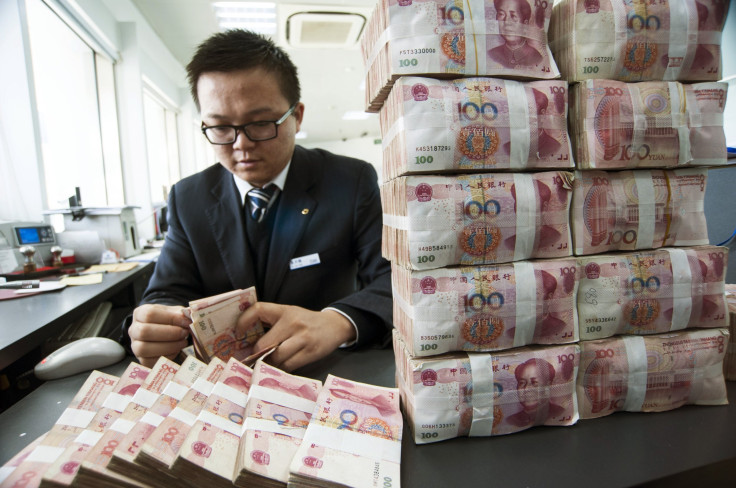Yuan No Longer Undervalued But Further Reforms Needed: IMF

China's yuan currency is no longer undervalued after its recent substantial appreciation, but the government should quicken reforms to get to having "a floating exchange rate", the International Monetary Fund said on Tuesday.
The IMF has previously labeled the yuan as "modestly undervalued", despite the currency's gradual appreciation since a landmark 2005 revaluation. The yuan has gained sharply against most non-dollar currencies in recent months.
"While undervaluation of the renminbi was a major factor causing the large imbalances in the past, our assessment now is that the substantial real effective appreciation over the past year has brought the exchange rate to a level that is no longer undervalued," the IMF said.
In a reference to how China still has a large trade surplus, despite yuan appreciation, the Fund said Beijing's "still-too-strong external position highlights the need for other policy reforms - which are indeed part of the authorities' agenda - to reduce excess savings and achieve sustained external balance."
The IMF said China still faced risks from unsustainable credit and investment growth, and it urged the government to quicken reforms, including making the yuan more flexible.
"We believe that China should aim to achieve an effectively floating exchange rate within 2–3 years," the IMF said.
The comments came in a statement issued after a visiting IMF team completed a consultation with Chinese officials.
SUPPORT FOR GDP GROWTH?
China should step up fiscal support for its economy if growth dips below 6.5 percent this year, or prepare to take steps to rein in credit and investment if growth surprises on the upper side, the fund said.
The IMF expects China's annual economic growth to be 6.8 percent this year, before slowing further to 6.25 percent in 2016, it said in a report.
"If incoming data suggest that growth is likely to exceed 7 percent, the authorities should take advantage of the opportunity to reduce vulnerabilities faster," the IMF said.
"If instead growth looks set to dip below 6.5 percent, then fiscal policy should be eased."
It said that fiscal stimulus, if needed, should be on-budget and rely on measures that protect the vulnerable, support rebalancing, and are consistent with the reform agenda.
China's economy grew 7.4 percent in 2014.
It had annual growth of 7 percent in the first quarter and recent data showed growth has lost further momentum into the second quarter, increasing the risk that full-year growth may dip below the government's targeted 7 percent.
© Copyright IBTimes 2025. All rights reserved.





















